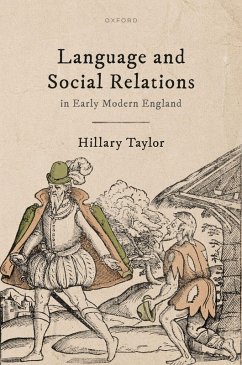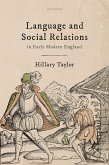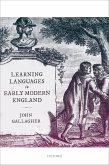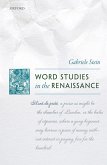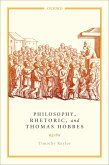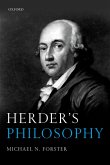What was the interrelation between language, power, and socio-economic inequality in England, c. 1550-1750? Early modern England was a hierarchical society that placed considerable emphasis on order; language was bound up with the various structures of authority that made up the polity. Members of the labouring population were expected to accept their place, defer to their superiors, and refrain from 'murmuring' about a host of issues. While some early modern labouring people fulfilled these expectations, others did not; because of their defiance, the latter were more likely to make their way into the historical record, and historians have previously used the evidence that they generated to reconstruct various forms of resistance and negotiation involved in everyday social relations. Hillary Taylor instead considers the limits that class power placed on popular expression, and with what implications. Using a wide variety of sources, Taylor examines how members of the early modern English labouring population could be made to speak in ways that reflected and even seemed to justify their subordinated positions--both in their eyes and those of their social superiors. By reconstructing how class power structured and limited popular expression, this study not only presents a new interpretation of how inequality was normalized over the course of the period, but also sheds new light on the constraints that labouring people overcame when they engaged in individual or collective acts of defiance against their 'betters.' It revives domination and subordination as objects of inquiry and demonstrates the ways in which language--at the levels of ideology and social practice--reflected, reproduced, and naturalized inequality over the course of the early modern period.
Dieser Download kann aus rechtlichen Gründen nur mit Rechnungsadresse in A, B, BG, CY, CZ, D, DK, EW, E, FIN, F, GR, HR, H, IRL, I, LT, L, LR, M, NL, PL, P, R, S, SLO, SK ausgeliefert werden.

